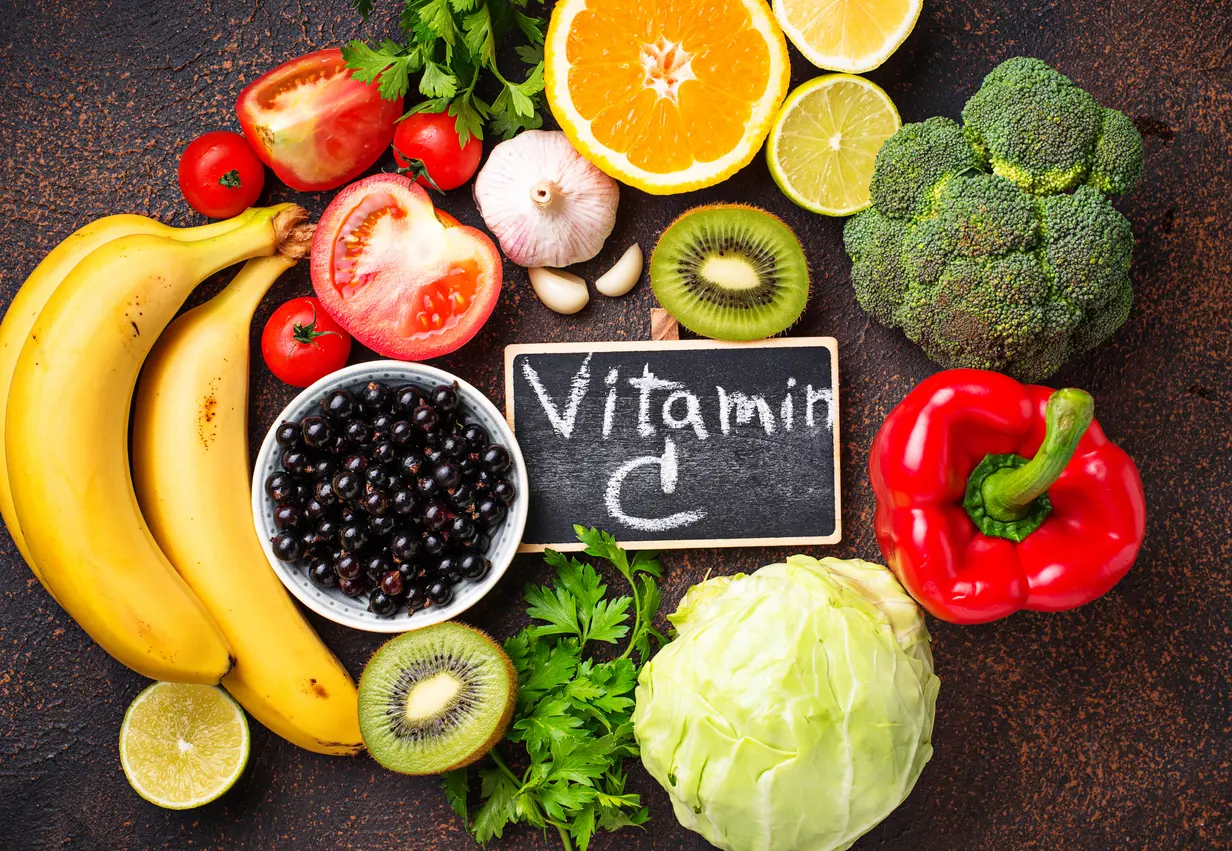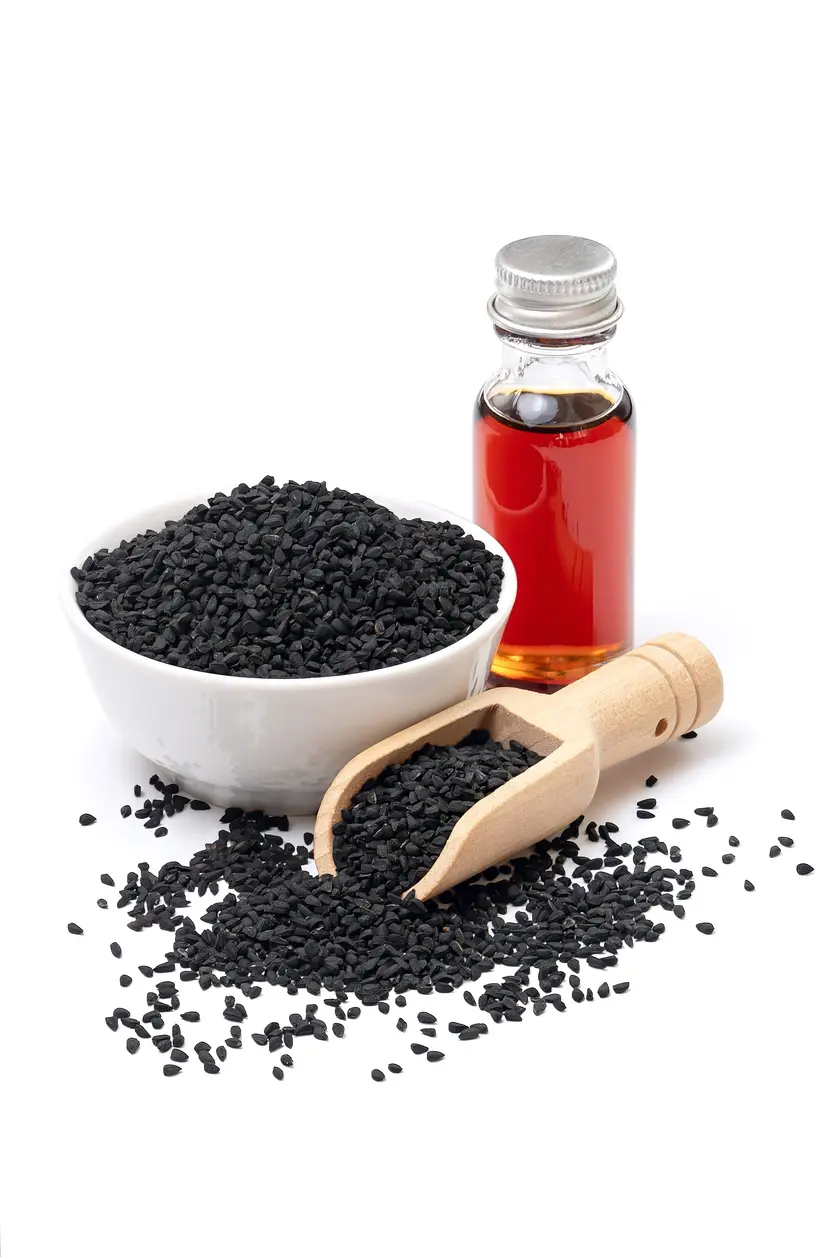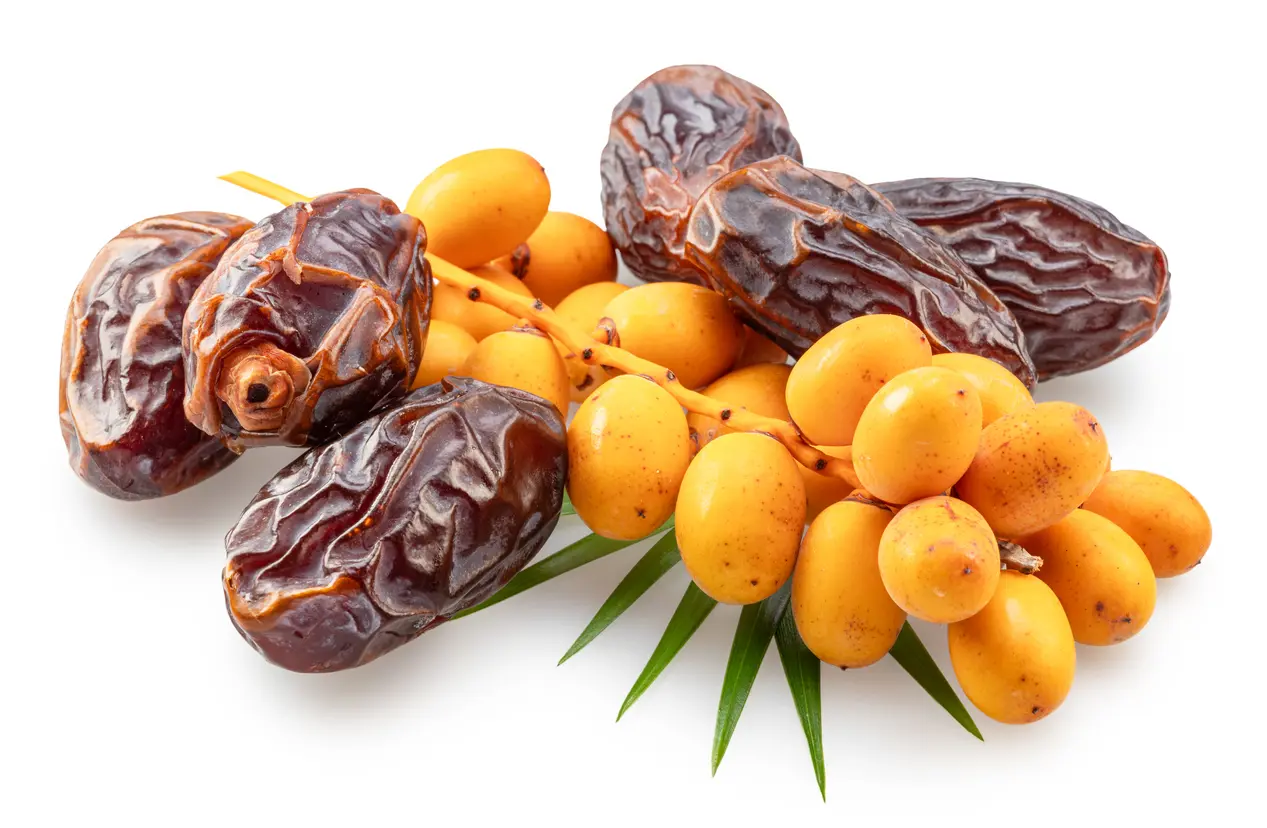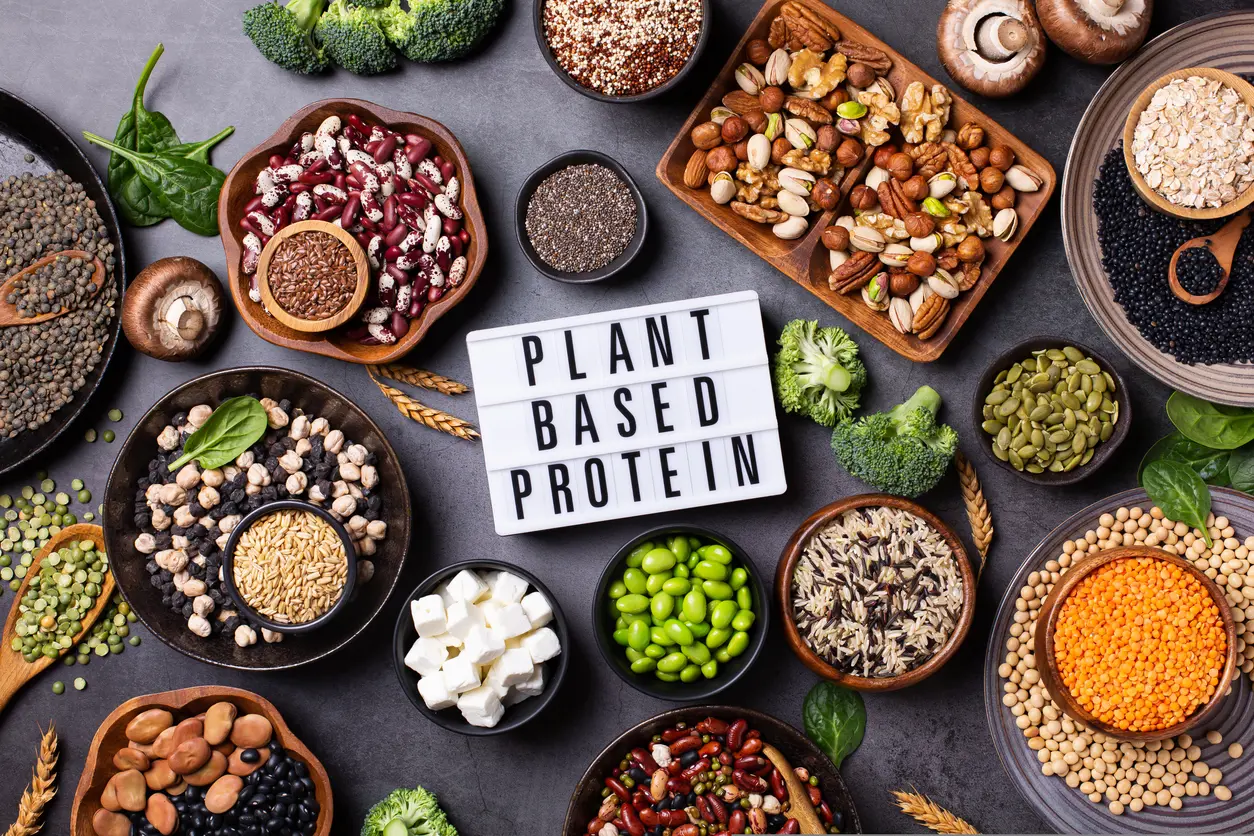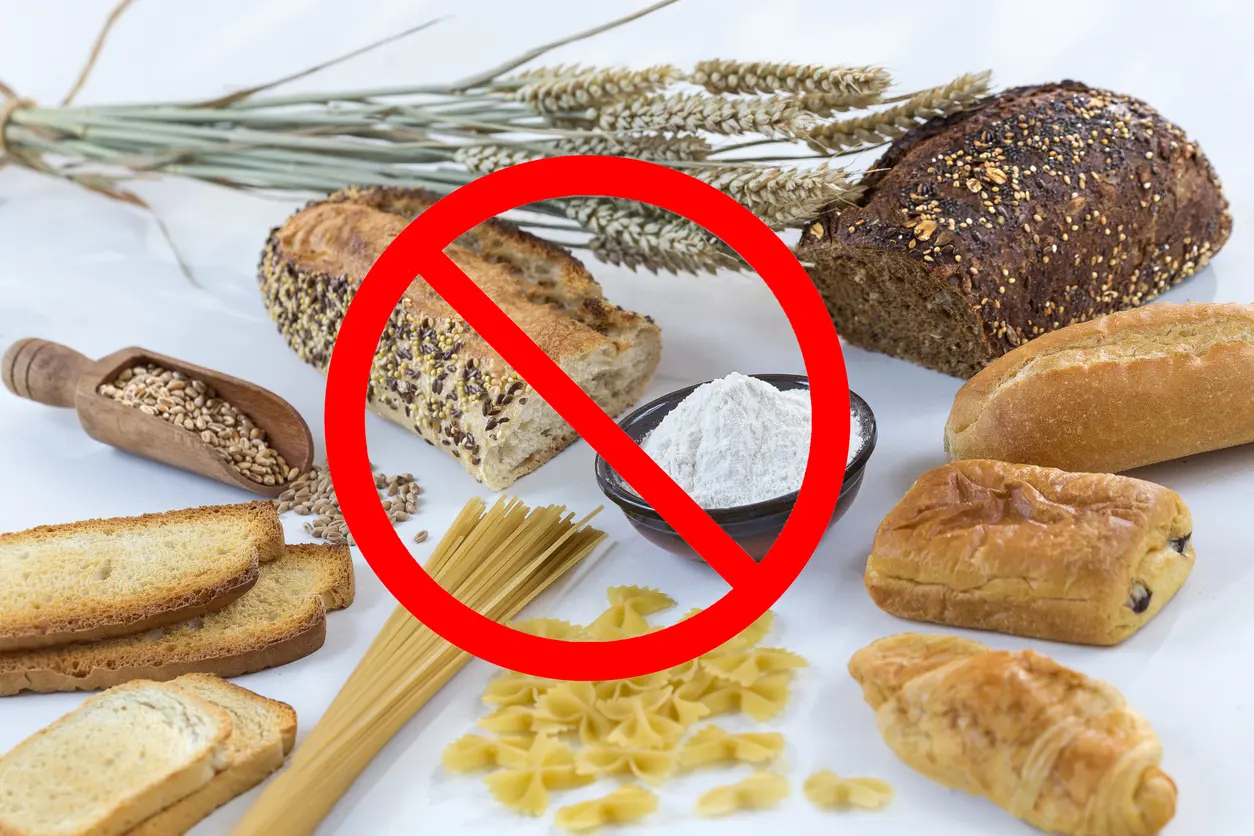Why Oregano Oil Is Essential for Your Health: Benefits and Expert Tips
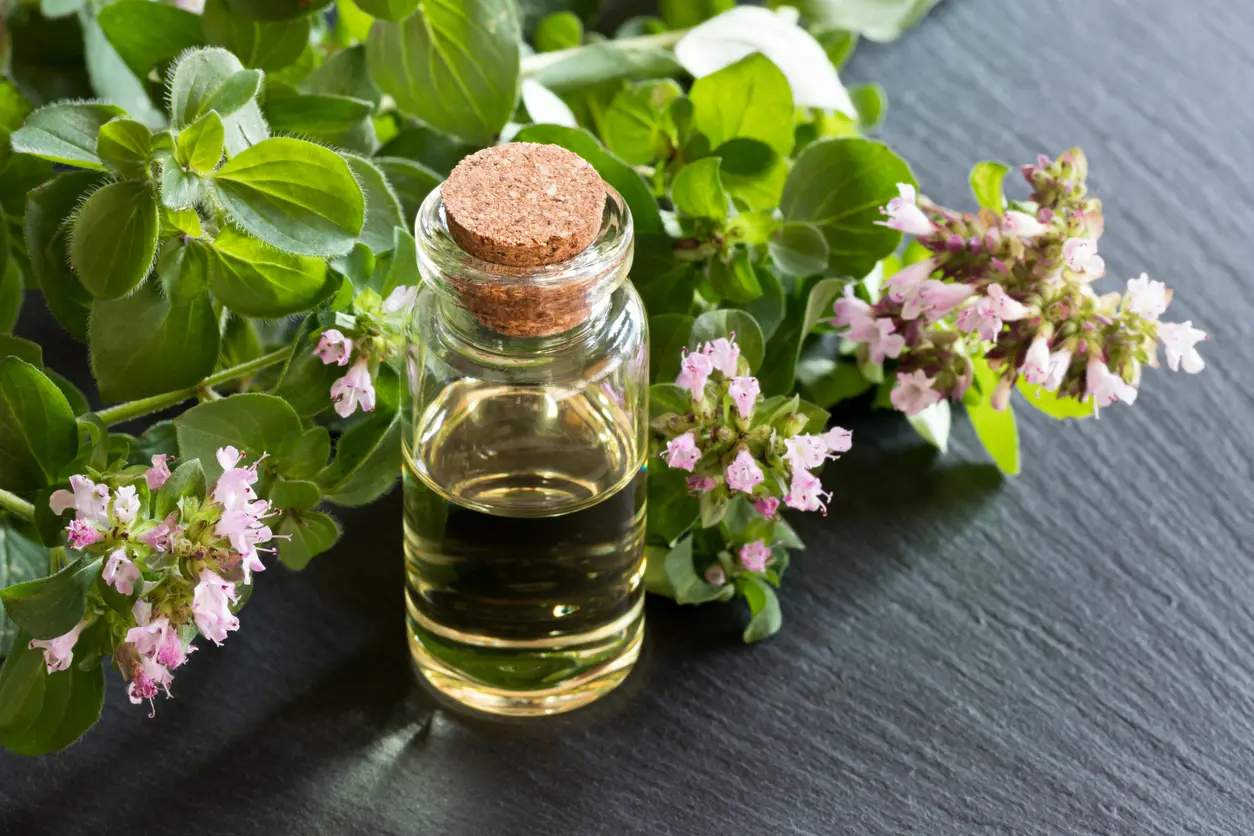
Interest in natural remedies has been gaining popularity, with an increasing number of people exploring herbal extracts and essential oils. Among these options, oregano oil has earned a reputation for a wide range of potential therapeutic uses. Long used in Mediterranean cultures as a spice and an herbal medicine, oregano’s benefits are now being studied by scientific research.
Studies suggest that oregano oil may offer benefits, including antimicrobial, antioxidant, and anti-inflammatory effects. These effects make oregano a helpful herb for digestive and respiratory health. However, anyone interested in the benefits of oregano should follow recommendations regarding safety and proper dosage.
This article reviews the evidence-based benefits, side effects, and offers tips for effective use of oregano as a natural remedy.
What Is Oregano Oil?
Oregano oil is derived from the leaves of the Origanum vulgare plant, which is native to the Mediterranean region. Oregano oil differs from the dried herb, as it is extracted and concentrated in distinct ways.
Key Compounds: Carvacrol and Thymol
The two most studied biologically active components of oregano are carvacrol and thymol, phenolic compounds with antimicrobial and anti-inflammatory activity. [1] Nostro A, Papalia T. Antimicrobial activity of carvacrol: current progress and future prospectives. Recent Pat Antiinfect Drug Discov. 2012;7(1):28-35. doi:10.2174/157489112799829684 Carvacrol exhibits its antimicrobial properties by damaging bacterial cell membranes. Thymol functions as an antioxidant by neutralizing free radicals and mitigating oxidative stress. [2] Aligiannis N, Kalpoutzakis E, Mitaku S, Chinou IB. Composition and antimicrobial activity of the essential oils of two Origanum species. J Agric Food Chem. 2001;49(9):4168-4170. doi:10.1021/jf001494m
Oregano Oil Extract vs Essential Oil
Oregano oil extract and the essential oil of oregano cannot be used interchangeably, as they serve different purposes:
- Oregano oil extract is diluted in carrier oils, such as olive or coconut oil, and is typically used for oral or supplemental purposes.
- Oregano essential oil is highly concentrated and is primarily used in aromatherapy or diluted for topical use.
Because essential oils are more potent, they should never be ingested undiluted. Doing so may cause unwanted side effects.
Historical and Traditional Uses
Oregano has been used throughout history for its antimicrobial, antioxidant, anti-inflammatory, and digestive properties. In Mediterranean and Middle Eastern traditions, oregano was used for respiratory and gastrointestinal ailments, diabetes, high blood pressure, headaches, and as an antiseptic. It was also used as both a food and a medicine in ancient Greece. Modern studies have confirmed the presence of several bioactive compounds that may be responsible for these effects. Ancient Greeks reportedly used oregano oil for wound healing and respiratory ailments. [3] Touwaide A, Appetiti E. Food and medicines in the Mediterranean tradition. A systematic analysis of the earliest extant body of textual evidence. J Ethnopharmacol. 2015;167:11-29. doi:10.1016/j.jep.2014.10.035 , [4] Sharifi-Rad M, Berkay Yılmaz Y, Antika G, et al. Phytochemical constituents, biological activities, and health-promoting effects of the genus Origanum. Phytother Res. 2021;35(1):95-121. doi:10.1002/ptr.6785
Science-Backed Benefits of Oregano Oil
Scientific studies back up several of oregano’s touted benefits.
Antimicrobial and Antibacterial Properties
One of the best-studied oregano oil health benefits is its antimicrobial action. In vitro studies demonstrate broad-spectrum activity against bacteria, fungi, and certain parasites. One of the most interesting properties of oregano is its ability to break up a biofilm, or a layer of bacteria, on biological surfaces. Biofilms can protect harmful bacteria from immune responses and impair wound healing. Oregano oil has been shown to inhibit the growth of Escherichia coli, Staphylococcus aureus, and Pseudomonas aeruginosa bacteria. [5] Nurzyńska-Wierdak R, Walasek-Janusz M. Chemical Composition, Biological Activity, and Potential Uses of Oregano (Origanum vulgare L.) and Oregano Essential Oil. Pharmaceuticals (Basel). 2025;18(2):267. doi:10.3390/ph18020267 This antimicrobial action makes it one of the natural antibiotic alternatives (although it should not be used as a substitute for an antibiotic if one is needed).
Immune System Support
By supporting the body’s natural defense mechanisms, oregano oil may support immunity. Compounds like carvacrol can modulate immune signaling, potentially enhancing the activity of immune cells. [6] De Santis F, Poerio N, Gismondi A, et al. Hydroalcoholic extract from Origanum vulgare induces a combined anti-mycobacterial and anti-inflammatory response in innate immune cells. PLoS One. 2019;14(3):e0213150. doi:10.1371/journal.pone.0213150 However, most of these studies were conducted in animals rather than humans. Throughout history, many have used oregano oil for immunity during times of increased exposure to infections.
Anti-Inflammatory Effects
Chronic inflammation is associated with several conditions. Experimental studies suggest that oregano oil may reduce inflammatory chemicals in the body, including tumor necrosis factor-alpha (TNF-α). [7] Lima M da S, Quintans-Júnior LJ, de Santana WA, Martins Kaneto C, Pereira Soares MB, Villarreal CF. Anti-inflammatory effects of carvacrol: evidence for a key role of interleukin-10. Eur J Pharmacol. 2013;699(1-3):112-117. doi:10.1016/j.ejphar.2012.11.040 Furthermore, this immune modulation may inhibit the growth of cancer cells. [8] Aindelis G, Spyridopoulou K, Kyriakou S, et al. Evaluating the Chemical Composition and Antitumor Activity of Origanum vulgare ssp. hirtum Essential Oil in a Preclinical Colon Cancer Model. Int J Mol Sci. 2025;26(10):4737. doi:10.3390/ijms26104737 These oregano oil anti-inflammatory effects may help with uncontrolled inflammatory responses, but most studies were performed in animals or in vitro. [9] Cheng C, Zou Y, Peng J. Oregano Essential Oil Attenuates RAW264.7 Cells from Lipopolysaccharide-Induced Inflammatory Response through Regulating NADPH Oxidase Activation-Driven Oxidative Stress. Molecules. 2018;23(8):1857. doi:10.3390/molecules23081857
Antioxidant Protection
Oxidative stress contributes to aging and chronic disease. Oregano oil contains phenolic compounds that scavenge free radicals, potentially reducing cellular damage. [5] Nurzyńska-Wierdak R, Walasek-Janusz M. Chemical Composition, Biological Activity, and Potential Uses of Oregano (Origanum vulgare L.) and Oregano Essential Oil. Pharmaceuticals (Basel). 2025;18(2):267. doi:10.3390/ph18020267 Including oregano oil in a balanced diet rich in antioxidants may enhance overall wellness.
Digestive Health
Historically, oregano oil was used to alleviate digestive problems. More recently, interest has grown in its potential role in small intestinal bacterial overgrowth (SIBO). [10] Kwiatkowski L, Rice E, Langland J. Integrative Treatment of Chronic Abdominal Bloating and Pain Associated With Overgrowth of Small Intestinal Bacteria: A Case Report. Altern Ther Health Med. 2017;23(4):56-61.PMID: 28646815. Laboratory evidence suggests oregano oil may help reduce harmful gut bacteria and support a healthy microbiome. This is likely due to its action on biofilm formation, limiting the growth of harmful bacteria. [5] Nurzyńska-Wierdak R, Walasek-Janusz M. Chemical Composition, Biological Activity, and Potential Uses of Oregano (Origanum vulgare L.) and Oregano Essential Oil. Pharmaceuticals (Basel). 2025;18(2):267. doi:10.3390/ph18020267 For those seeking oregano oil for gut health, this emerging area is interesting, but more clinical studies are needed.
Respiratory Health
Among respiratory infection natural remedies, oregano is an herb that may help alleviate congestion and sinus discomfort. Inhalation of steam infused with diluted oregano oil may help disrupt biofilms and reduce inflammation, though this should always be done cautiously to avoid irritation. Furthermore, some people may be allergic to oregano oil. [11] Bouyahya A, Chamkhi I, Benali T, et al. Traditional use, phytochemistry, toxicology, and pharmacology of Origanum majorana L. J Ethnopharmacol. 2021;265:113318. doi:10.1016/j.jep.2020.113318
Side Effects and Safety Precautions
Despite its numerous benefits, oregano oil should be used with caution. Reported oregano oil side effects include: [11] Bouyahya A, Chamkhi I, Benali T, et al. Traditional use, phytochemistry, toxicology, and pharmacology of Origanum majorana L. J Ethnopharmacol. 2021;265:113318. doi:10.1016/j.jep.2020.113318
- Gastrointestinal upset (nausea, diarrhea, stomach pain)
- Allergic reactions
- Skin irritation
- Bleeding
- Low blood sugar
- Rarely, miscarriage if used in high doses during pregnancy
Drug interactions can include: [12] Force M, Sparks WS, Ronzio RA. Inhibition of enteric parasites by emulsified oil of oregano in vivo. Phytother Res. 2000;14(3):213-214. doi:10.1002/(sici)1099-1573(200005)14:3%3C213::aid-ptr583%3E3.0.co;2-u
- Blood thinners (warfarin, aspirin): Oregano oil may increase bleeding risk.
- Diabetes medications: Oregano oil may potentiate hypoglycemia.
- Others: Oregano has some effects on the metabolism of drugs such as those for cholesterol, antidepressants, immunosuppressants, and possibly lithium.
Pregnancy and Breastfeeding
Oregano oil should be avoided during pregnancy and breastfeeding unless specifically recommended by a healthcare provider.
“Natural” ≠ Risk-Free
It is important to remember that “natural” products can still interact with medications or cause adverse effects. Always discuss any new supplement with your healthcare provider.
How to Use Oregano Oil Safely
Although oregano oil has some serious safety concerns, it can be used safely if used carefully.
Forms Available
Oregano oil comes in several forms:
- Capsules and soft gels: measured doses and reduced risk of stomach irritation
- Diluted liquid oil: can be mixed into juice or water
- Essential oil: highly concentrated, diluted for topical or aromatherapy use only
Recommended Dosages
There are no established guidelines regarding the optimal dose of oregano oil in humans. In a small human trial, 600 mg of emulsified oregano oil administered daily for 6 weeks did not result in any serious adverse effects. [12] Force M, Sparks WS, Ronzio RA. Inhibition of enteric parasites by emulsified oil of oregano in vivo. Phytother Res. 2000;14(3):213-214. doi:10.1002/(sici)1099-1573(200005)14:3%3C213::aid-ptr583%3E3.0.co;2-u
Topical Use Tips
Oregano essential oil must be diluted with a carrier oil such as olive or coconut oil. You should always perform a “patch test” to make sure you do not have an allergy or irritation. Apply a small amount and wait several hours to a day to see if any redness or itching occurs. Avoid sensitive areas, such as the eyes and mucous membranes. [3] Touwaide A, Appetiti E. Food and medicines in the Mediterranean tradition. A systematic analysis of the earliest extant body of textual evidence. J Ethnopharmacol. 2015;167:11-29. doi:10.1016/j.jep.2014.10.035
When to Avoid or Seek Medical Advice
Oregano oil should not be used by individuals with bleeding disorders, uncontrolled diabetes, or those undergoing surgery without the advice of a healthcare professional.
Expert Tips for Getting the Most From Oregano Oil
Here are some tips to get the most benefits out of oregano oil:
- Pair oregano oil with a balanced, nutrient-dense diet.
- Use it for short-term support rather than continuous daily use unless directed.
- Store in dark glass bottles, away from heat and sunlight to preserve the potency of the herb.
- Always consult a healthcare professional before beginning supplementation.
FAQs About Oregano Oil Benefits
Can oregano oil replace antibiotics?
- No. While oregano oil has antimicrobial effects, it cannot replace prescribed antibiotics.
How long does oregano oil take to work?
- Some individuals report noticing changes within a few days, but the timeline varies depending on the condition, dosage, and form used. In one human study, results were seen after 6 weeks. [13] Chaillot J, Tebbji F, Remmal A, et al. The Monoterpene Carvacrol Generates Endoplasmic Reticulum Stress in the Pathogenic Fungus Candida albicans. Antimicrob Agents Chemother. 2015;59(8):4584-4592. doi:10.1128/AAC.00551-15
Is oregano oil safe for children?
- Children are more sensitive to concentrated oils. It should only be used under the supervision of a pediatrician.
Can oregano oil help with skin infections?
- Diluted oregano essential oil uses include topical application for minor skin irritations. Always patch test before use.
What’s the difference between oregano oil and oregano essential oil?
- Oregano oil extract and essential oil differ in concentration. Extracts are diluted and taken as supplements, whereas essential oils are highly concentrated for use in aromatherapy or on the skin.
Can oregano oil help with Candida?
- Preliminary studies suggest oregano oil may inhibit Candida growth, but more clinical research is needed. [14] Oregano essential oil inhibits Candida spp. biofilms Z Naturforsch C J Biosci . 2021 Apr 29;76(11-12):443-450. doi: 10.1515/znc-2021-0002. Print 2021 Nov 25.
How should oregano oil be stored?
- Store oregano oil in a cool, dark place, preferably in dark glass bottles, to maintain its potency.
Can I use oregano oil in cooking?
- Yes, diluted drops can be added to soups or teas for flavor and mild antimicrobial support. Avoid overuse due to potency.
Conclusion
Oregano oil benefits include antimicrobial, antioxidant, anti-inflammatory, and digestive support. However, risks such as gastrointestinal upset, allergic reactions, and drug interactions emphasize the need for cautious use. When considering oregano oil capsules vs liquid or diluted essential oils, focus on safe oregano oil dosage, storage, and short-term use. Oregano oil can be a powerful natural remedy, but it is best used under the guidance of a healthcare professional.
This article is for informational purposes only and is not intended as medical advice. Oregano oil should not be used as a substitute for professional medical care or prescribed treatments. Always consult a qualified healthcare professional before starting any new supplement, especially if you are pregnant, breastfeeding, have underlying health conditions, or are taking medications.
Was this article helpful?
-
Antimicrobial activity of carvacrol: current progress and future prospectives. Recent Pat Antiinfect Drug Discov. 2012;7(1):28-35. doi:10.2174/157489112799829684; Nostro A, Papalia T. ;
https://pubmed.ncbi.nlm.nih.gov/22044355/ -
Composition and antimicrobial activity of the essential oils of two Origanum species. J Agric Food Chem. 2001;49(9):4168-4170. doi:10.1021/jf001494m; Aligiannis N, Kalpoutzakis E, Mitaku S, Chinou IB. ;
https://pubmed.ncbi.nlm.nih.gov/11559104/ -
Food and medicines in the Mediterranean tradition. A systematic analysis of the earliest extant body of textual evidence. J Ethnopharmacol. 2015;167:11-29. doi:10.1016/j.jep.2014.10.035; Touwaide A, Appetiti E. ;
https://pubmed.ncbi.nlm.nih.gov/25446635/ -
Phytochemical constituents, biological activities, and health-promoting effects of the genus Origanum. Phytother Res. 2021;35(1):95-121. doi:10.1002/ptr.6785; Sharifi-Rad M, Berkay Yılmaz Y, Antika G, et al. ;
https://pubmed.ncbi.nlm.nih.gov/32789910/ -
Chemical Composition, Biological Activity, and Potential Uses of Oregano (Origanum vulgare L.) and Oregano Essential Oil. Pharmaceuticals (Basel). 2025;18(2):267. doi:10.3390/ph18020267; Nurzyńska-Wierdak R, Walasek-Janusz M. ;
https://pubmed.ncbi.nlm.nih.gov/40006079/ -
Hydroalcoholic extract from Origanum vulgare induces a combined anti-mycobacterial and anti-inflammatory response in innate immune cells. PLoS One. 2019;14(3):e0213150. doi:10.1371/journal.pone.0213150; De Santis F, Poerio N, Gismondi A, et al. ;
https://journals.plos.org/plosone/article?id=10.1371/journal.pone.0213150 -
Anti-inflammatory effects of carvacrol: evidence for a key role of interleukin-10. Eur J Pharmacol. 2013;699(1-3):112-117. doi:10.1016/j.ejphar.2012.11.040; Lima M da S, Quintans-Júnior LJ, de Santana WA, Martins Kaneto C, Pereira Soares MB, Villarreal CF. ;
https://pubmed.ncbi.nlm.nih.gov/23220159/ -
Evaluating the Chemical Composition and Antitumor Activity of Origanum vulgare ssp. hirtum Essential Oil in a Preclinical Colon Cancer Model. Int J Mol Sci. 2025;26(10):4737. doi:10.3390/ijms26104737; Aindelis G, Spyridopoulou K, Kyriakou S, et al. ;
https://pubmed.ncbi.nlm.nih.gov/40429884/ -
Oregano Essential Oil Attenuates RAW264.7 Cells from Lipopolysaccharide-Induced Inflammatory Response through Regulating NADPH Oxidase Activation-Driven Oxidative Stress. Molecules. 2018;23(8):1857. doi:10.3390/molecules23081857; Cheng C, Zou Y, Peng J. ;
https://pubmed.ncbi.nlm.nih.gov/30049950/ -
Integrative Treatment of Chronic Abdominal Bloating and Pain Associated With Overgrowth of Small Intestinal Bacteria: A Case Report. Altern Ther Health Med. 2017;23(4):56-61.PMID: 28646815.; Kwiatkowski L, Rice E, Langland J. ;
https://pubmed.ncbi.nlm.nih.gov/28646815/ -
Traditional use, phytochemistry, toxicology, and pharmacology of Origanum majorana L. J Ethnopharmacol. 2021;265:113318. doi:10.1016/j.jep.2020.113318; Bouyahya A, Chamkhi I, Benali T, et al. ;
https://pubmed.ncbi.nlm.nih.gov/32882360/ -
Inhibition of enteric parasites by emulsified oil of oregano in vivo. Phytother Res. 2000;14(3):213-214. doi:10.1002/(sici)1099-1573(200005)14:3%3C213::aid-ptr583%3E3.0.co;2-u; Force M, Sparks WS, Ronzio RA. ;
https://pubmed.ncbi.nlm.nih.gov/10815019/ -
The Monoterpene Carvacrol Generates Endoplasmic Reticulum Stress in the Pathogenic Fungus Candida albicans. Antimicrob Agents Chemother. 2015;59(8):4584-4592. doi:10.1128/AAC.00551-15; Chaillot J, Tebbji F, Remmal A, et al. ;
https://pmc.ncbi.nlm.nih.gov/articles/PMC4505245/ -
Oregano essential oil inhibits Candida spp. biofilms Z Naturforsch C J Biosci . 2021 Apr 29;76(11-12):443-450. doi: 10.1515/znc-2021-0002. Print 2021 Nov 25.;
https://pubmed.ncbi.nlm.nih.gov/33915040/




